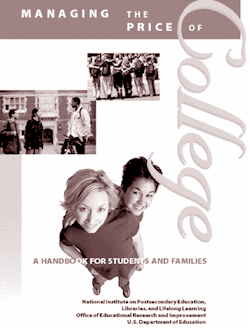E-commerce: How will it affect employment?
It’s no secret that e-business is big
business. What’s less clear is how it will affect job
opportunities. An article by Daniel Hecker in a recent issue
of the Monthly Labor Review tries to answer that
question.
Not surprisingly, jobs in computer
occupations are expected to increase with e-business,
according to the article. But content-related occupations,
such as artist, designer, and writer, also are slated to
share in the boon. And customer service workers will
experience job growth, as more people contact them with
e-shopping questions. This increase in employment might be
dampened, however, by new systems that give customers
computer-generated responses.
E-business will curtail growth in some
occupations. Jobs in many clerical occupations will be
automated. And fewer salesworkers, purchasing agents, and
wholesale and retail buyers will be needed as people find
product information and buy and sell online.
Employment effects will vary by industry,
too. Jobs in the communications and powerline industries
will grow to meet the demand for Internet infrastructure.
Management consulting services will expand as companies
struggle to cope with changing business conditions. And more
people will be needed to work in public warehouses that
store products sold over the Internet. But other industries,
including insurance carriers, printing companies, and
securities and commodity brokers, will need fewer workers as
a result of e-business.
To learn more, read "Employment impact
of electronic business" in the May 2001 issue of the Monthly
Labor Review. The issue is available for $13 by calling
(202) 512-1800 or writing Superintendent of Documents,
Government Printing Office, Washington, DC 20402. Or
download the article from the BLS website by visiting http://www.bls.gov/opub/mlr/mlrhome.htm.
 Top
Top


Paying for college: Just the facts
The price of higher education is going up,
but so is the level of financial aid, according to the U.S.
Department of Education. A new resource from the Department
helps families assess how much college might cost and how
much aid they might be able to expect. Its message: many
people in every income bracket receive financial assistance.
"Managing the Price of College: A
Handbook for Students and Families" describes factors
affecting the cost of a bachelor’s or associate degree and
lists average tuition and expenses at various types of
institutions. It also discusses ways families meet those
costs. Tables show students’ chances of receiving aid, the
average amount of aid, and the likely aid type.
The handbook defines different kinds of
financial aid, including grants, merit scholarships,
work-study programs, loans, and tax credits. And it offers
suggestions on other ways to trim expenses, such as
accelerated programs, school transfers, and prepayment
programs. For students considering loans, tables list the
average monthly payment required for various levels of debt.
To order a free copy of the "Managing
the Price of College" handbook, call 1 (877) 4ED-PUBS
(433-7827) or write Education Publications Center, PO Box
1398, Jessup, MD 20794-1398. You can also preview the
handbook online at http://www.ed.gov/pubs/collegecosts/cover.html.
 Top
Top



